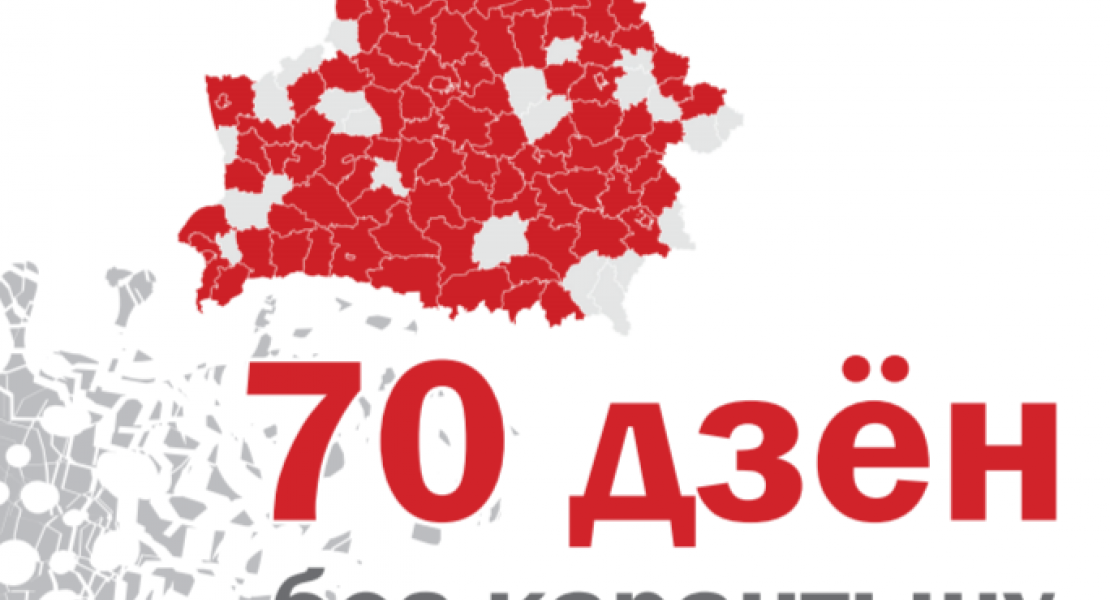Social distancing remains a valid imperative. However, we do not recommend a nationwide lock-down.
Key points and predictions
-
Communication. The necessity to adjust experts’ conclusions to the (chaotic) expressions of the president disrupts the communication both within the government system and between government agencies and society.
-
Lukashenka. Belarus leader does not recognize the risks carried by the spread of SARS-CoV-2 to be serious. It would, however, be an exaggeration to see his joking statements about the virus (ʻI don’t see it around here!ʼ) as an attempt to deny reality and challenge the commonly accepted fact that the virus is spreading in Belarus.
-
Health ministry apparently tries to operate within the paradigm more action – less talk. However, this is the case where the ʻless talkʼ approach undermines not only the image of the agency but also chances to engage other spheres of society into the fight against the virus.
-
ʻStatistical anomalyʼ: Why is, according to official statistics, the number of CoViD deaths in Belarus far lower than in most other countries? There is a real probability that these data are intentionally underreported; it does not seem, however, that the number of underreported deaths is significantly high.
-
WHO recommendations: Belarus’s noncompliance with some of the WHO recommendations will hardly have any negative consequences. The raison d’être of lockdown measures (which were part of those recommendations) is questioned by several experts; even within the WHO there is probably no consensus on this point.
-
Solidarity rather than lock-down. In the current situation, it is important to build horizontal social solidarity to overcome the consequences of the pandemic. Social distancing remains a valid ethical imperative. However, we do not recommend calling for a nationwide lock-down in Belarus as its ethical merits are far from evident.


